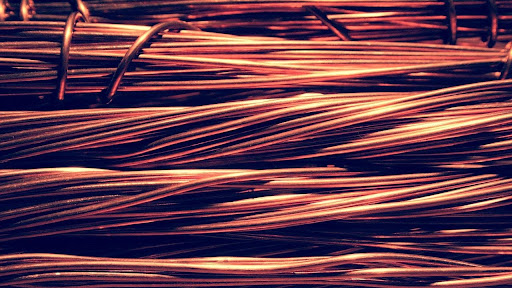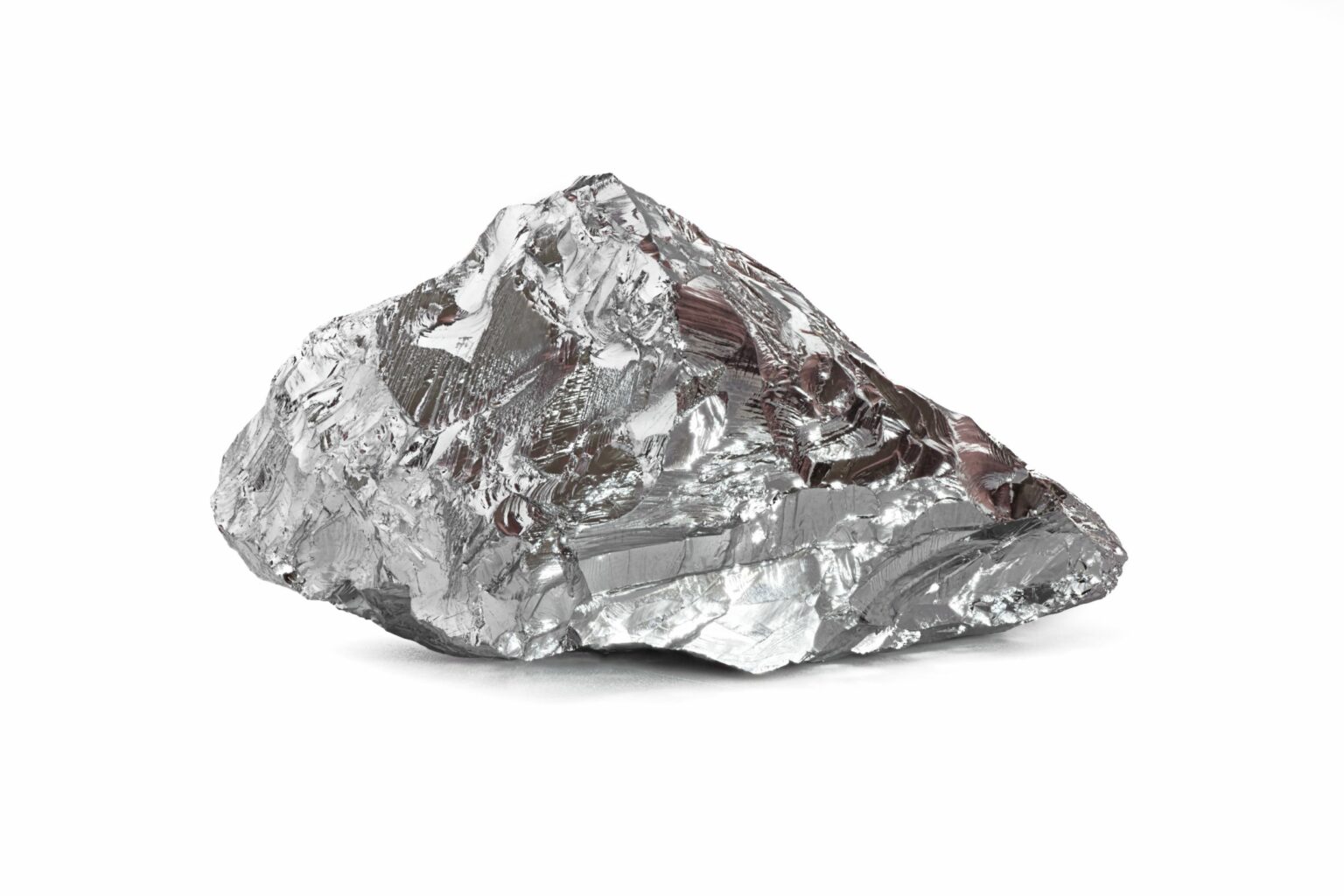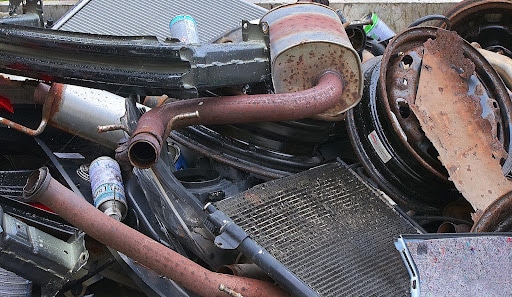Recycling scrap metal is great for the environment. Recycling metal and repurposing it to make other products saves energy and cuts greenhouse gas emissions, but it can also be good for your wallet. Scrap metal is something that manufacturers rely on and always have a need for, and scrap recyclers like Cohen buy metal from the public to be processed and sold for manufacturing Here is the lowdown on what your high quality metals may be worth.
HOW SCRAP METAL RECYCLING WORKS
Scrap metal is sorted and processed at a scrap yard where machinery is used to prepare it for its next destination: the foundries, smelters and mills that will use it to make new metal products. The process starts when you bring your metal items to a recycling center, where they will be graded for type and quality, weighed, and priced.
HOW SCRAP METALS ARE PRICED
Many factors affect the price of metal, like supply and demand. When there’s a ready supply of metal for manufacturers to buy, the scrap prices aren’t as high as when there is a shortage or higher demand. Prices also depend on your geographical area, the quality of your metals, and the time of year. Not all metals are created equally. Your copper wires might be made of pure copper, while the pipes and plumbing fixtures in your old house could be a copper alloy, such as brass, that is cut with other metals.
During the spring and summer when temperatures are warmer, construction and manufacturing is usually steadier. Car manufacturers, construction, and other manufacturing jobs can be impacted by cold weather, which slows down production. As such, production tends to be higher in the summer. You might want to hold onto your scrap metal until the summer to see if you can get a better price for it.
COMMON VALUABLE SCRAP METALS
These metals are found in multiple products in varying quantities. Prices will change periodically, but these are five metals that are typically more valuable at the scrap yet.
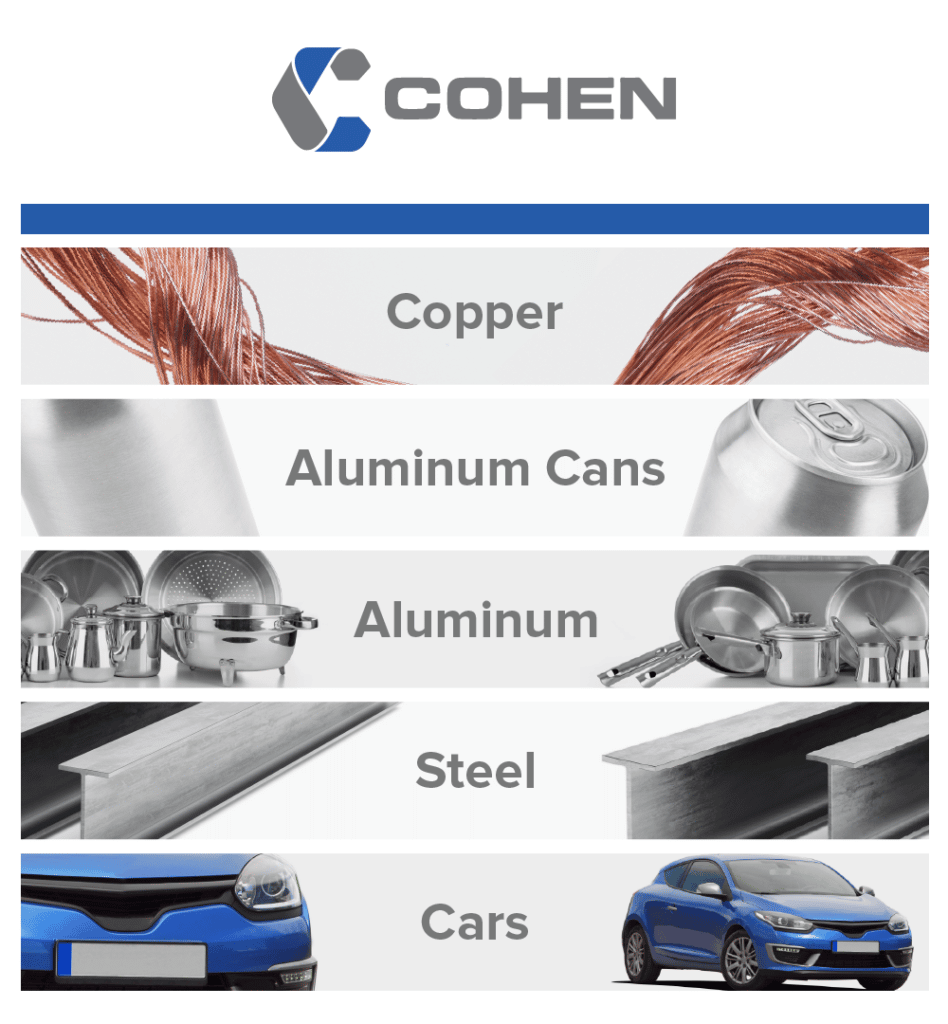
COPPER
Copper is among the most valuable metals for most scrappers. Pound for pound, it is worth more than most other common metals and is the king of non-ferrous metals. Not all copper products are worth the same, though, and the price of copper can change dramatically over time compared to other metals. The price you are paid for your scrap copper will depend on the market value that day as well as the type and condition of the copper you’ve brought. Copper sheet, for example, is more valuable per pound than plastic-coated copper wire because there is a higher copper content. Brass and bronze are commonly found in plumbing; as alloys of copper, they still have some value but not as much as copper itself.
If you have a large quantity of high value copper you could make a decent amount of money from scrapping. But this is not easy to come by outside of machining and industrial settings. To improve copper value, separate the uncontaminated copper from any of your copper that has been soldered, coated, painted, damaged, etc. If you separate this before you get to the scale at the recycling center and let the operator know what you have, you run less risk of everything being graded as contaminated.
ALUMINUM CANS
Aluminum cans are among the most commonly recycled items in America. They aren’t worth as much as other metals, but they are extremely easy to come by and to collect enough to make it worth it to recycle them. They’re also an example of closed-loop recycling: aluminum cans that are recycled are used to make more aluminum cans, not turned into other products. If you regularly drink sparkling water, soda, and other canned beverages, you can save the cans and exchange them for a small amount of cash. Aluminum cans are priced per pound, and there are about 30 average-sized cans to a pound.
ALUMINUM
Aluminum is not just found in cans. It can also be found in other items, including siding, tire rims, car grills, cookware, wires, and more. While you’re not likely coming across these items every day like cans, they can still make you some money when you recycle. Aluminum prices tend to move a little from month to month, but are less likely to see dramatic changes than copper.
STEEL
With some exceptions, steel is a ferrous metal, an alloy of iron, and ferrous metals are priced per ton. Cars, appliances, and carbon steel (used for construction) are among the most commonly recycled steel products seen at a scrap yard. Because items made with a lot of steel tend to weigh more than those made of copper or aluminum, a scrapper can make decent cash off a haul of ferrous.
CARS
When a car is scrapped, it is drained of fluids, crushed, and shredded, and the metal contents are separated from the non-metals to be used for recycling. All cars, regardless of age or condition, are recycled as ferrous scrap. You can estimate the scrap value of your car by multiplying its weight in tons by the current price for scrap iron. Most cars weigh between 1 and 2 tons and can be worth a couple hundred dollars in scrap. Call ahead for current pricing.
You will also need the car’s title and some other information in order to scrap your car. Read up on the requirements for car recycling before you visit. Not all Cohen scrap yards can accept cars so please check our map first to make sure you are visiting a car location.
METAL SCRAPPING BASICS
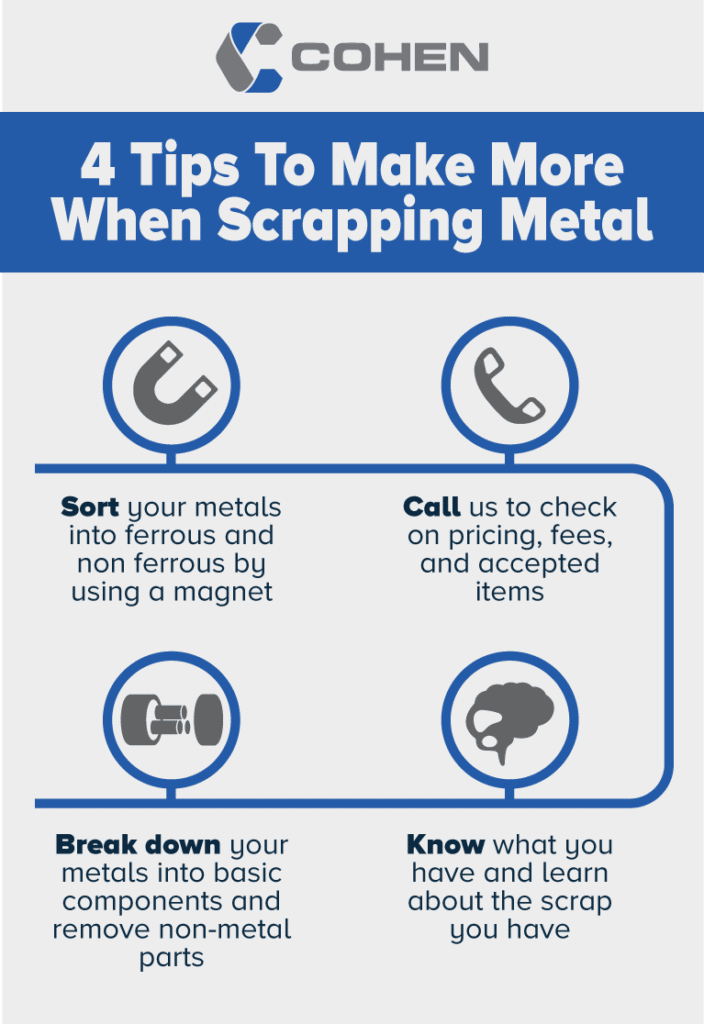
Recycling scrap metal can be as simple as putting your metal into a box and taking it down to the recycling center. You don’t need to know all the ins and outs to get started. However, if your goal is to make money and not just dispose of your old goods in a responsible way, here are some tips you can use to increase your likelihood of success:
Sort your metals
If you have a magnet, stick it to your recyclables so you can sort ferrous from non-ferrous metals. Your magnet will stick to ferrous metal, but won’t stick to non-ferrous metal.
Call us
Like many recycling centers, Cohen accepts certain items and doesn’t accept others. Most items you will be paid for, but some could incur a fee for special handling. When you’re sorting through your recyclables, make a list of everything you have to bring in. A good rule of thumb is that Cohen will take it if it’s made of 50% or more metal, if it runs on electricity, or if it takes batteries. If there’s anything you have that you’re unsure of, give us a call and run through your list to see what we can and cannot accept.
Know what you have
Become familiar with different types of metal so you have accurate information. In its best condition, copper is a reddish color. If it’s older, it might be darker with green spots where the metal has oxidized, like an old penny. (No, old pennies are not recyclable.)
Aluminum is soft and easy to bend. It is naturally silver, but might be painted, particularly if you have cans. If you have more than one type of aluminum, like cans and a piece of a gutter, separate them. Since these are priced differently, it’s easier for the recycling center to calculate the value when they are sorted.
Since steel is a common household metal, there’s likely a lot of it in your house. You can find steel anywhere, from a car frame to appliances.
Break your metals down
Some of the most common items sold for scrap metal are cables, pipes, and other construction materials. Before you take your metal to the scrap yard, break it down into its basic components – otherwise known as “cleaning.” Scrap that has been separated from non-metal material before it comes to the scrap yard will be worth more than “unclean” scrap. You can do this by stripping PVC and other tubing materials from cables and pipes.
Many household appliances don’t have enough metal in them to make them worth scrapping. You could pull your vacuum cleaner apart to get to the small motor and circuit board that might be inside, but the process takes time, and what you get out of the effort may not weigh enough to be worth more than a few cents. (That’s why scrap yards pay less for metal that’s mixed with other materials, too.) However, larger items like washing machines and dryers can contain a lot of scrappable metal, particularly if they are older.
Some items, like refrigerators and air conditioners, contain dangerous chemicals. Since these chemicals are stored in a compressor to run the appliance, they are considered non-reusable. All states in the country require appliances that contain freon and other greenhouse gasses to be disposed of by professionals. Don’t tear apart your own compressor — you could face steep fines and be turned away at the recycling center.
Why You Should Recycle Your Metals
Even if you don’t have a ton of copper wire and piping that can net you a large profit, recycling metal is still worth your time. Metal is a non-renewable resource, and there is only a finite amount of metal on the planet. Recycling makes it possible to make more without having to extract it.
Recycling also helps the environment. Creating products with recycled metals saves energy and reduces a company’s carbon footprint. Additionally, metals like steel are infinitely recyclable. Melting existing items down and creating new forms from that metal doesn’t impact the metal’s structure and durability. While some recyclable items like plastic and paper eventually break down and become unusable, metal can be used forever.
HOW COHEN RECYCLING CAN HELP YOU
Chances are high that we can recycle what you have. We have many recycling centers throughout the Tri-State that are open to the public Monday through Friday, and we also industrial recycling services, container service, demolition recycling and more, for those producing scrap at a large scale. We are one of the largest recyclers of ferrous and non-ferrous scrap metals in the United States. Contact us today to find out how we can help you with your scrapping needs.

